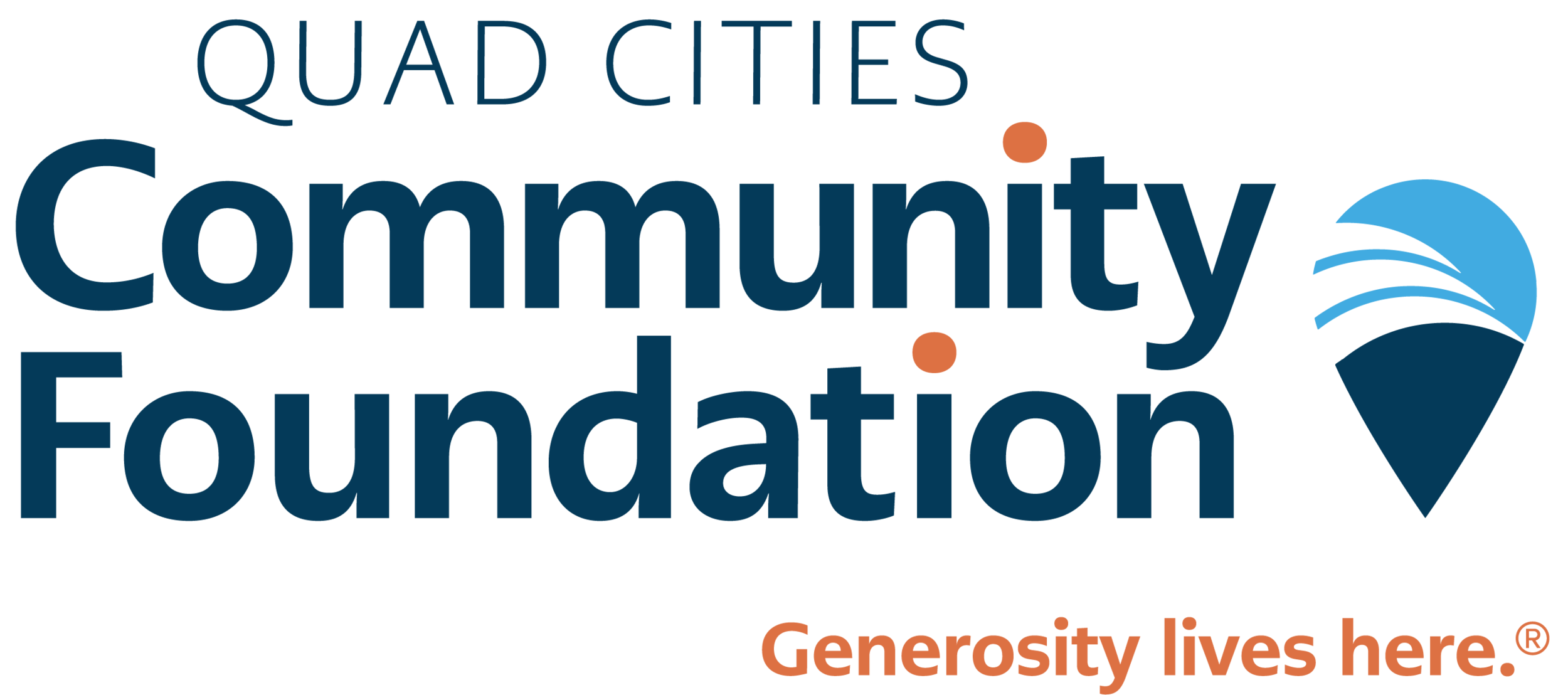Community Foundation awards $100,000 Transformation Grant to Child Abuse Council to support new parents
Having someone there makes a difference.
That belief is at the heart of the Healthy Families Home Visitation and Doula Program of the Child Abuse Council. Aimed at preventing neglect and child abuse, the program provides new parents who have at-risk factors with support and services to help build their parental skills.
The Quad Cities Community Foundation in the Quad Cities has awarded the Child Abuse Council a $100,000 Transformation Grant to expand the program, which addresses a critical need in the community and when implemented, has the ability to give way to transformation.
“Our board of directors and staff at the Community Foundation carefully listen to the greatest needs and most promising opportunities in our region, and select recipients for our Transformation Grants who we believe hold the key to a better tomorrow,” said Sherry Ristau, president and CEO at the Community Foundation. “For many, many years, the Child Abuse Council has been thoughtfully working with the most vulnerable residents of our community, offering a hand—and a heart—to women, men and children in the Quad Cities. This grant is in recognition of their results to date, and our belief that they will continue to transform the lives of the people they serve always.”
Through the program, at-risk mothers receive support from a professional doula before, during and after child birth. A doula is a woman trained to assist another woman during childbirth. The CAC doula program is unique because the doula is trained to specifically work with the more vulnerable populations the Child Abuse Council serves.
“We’re an addition to their family and team,” said Child Abuse Council Program Manager Stephanie Thoms. “We’re not there to replace anyone during the birth, or after. It’s about building a community of support around them.”
The doula program was started in Rock Island County in 2009 and due to its success, will expand to Scott County later this year. “It’s a game changer,” Thoms said.
Before the Transformation Grant, they were not able to serve clients on the Iowa side of the river. “Providers would refer Iowa clients to us and we couldn’t take them,” Thoms noted. “There were times when you know it’s a mother who has no one and that’s the worst to have to say no. We’re happy to be over there now.”
At-risk pregnant women are oftentimes already dealing with trauma, added Mark Mathews, executive director at the Child Abuse Council, including poverty, abuse and homelessness. “Some have been trafficked for sex, some are immigrants, some are refugees, some are as young as 15,” he said. “Sometimes they don’t have anyone and we want to be that support during delivery. We’re there for the whole process.”
Home visits for eight weeks post-partum provides support and encouragement, ensures the baby is being taken care of, the mother is not suffering from post-partum depression, and that both the mother and the newborn are attending their doctor visits. Sometimes, the work of the Council is as simple as helping a mother bond with her baby, Mathews said.
The program is changing lives, he added, which makes the possibilities that present themselves because of the expansion all the more wonderful for the health and wellbeing of mothers and their newborn babies.
Mathews offered an example. One mother in the program had a child several years ago but lost her parental rights after finding herself “in a horrible situation.” She recently got pregnant with her second child and was connected with the Child Abuse Council. She was able to leave a violent relationship and receive support during her pregnancy and birth. Six months later, she is still on the right track. “She was able to keep her newborn, and her child is healthy. She said that it is because of our intervention in her life,” Mathews said.
Preventing child abuse not only affects the individual child, but families and entire communities, Mathews added. “If you look at the statistics of child abuse victims later in life, they have higher rates of depression, suicide, abuse of alcohol and drugs and are nine times more likely to commit crimes and end up in jail,” he said.
Every dollar that is poured into prevention is an investment in the health of families. “We couldn’t do this expansion into Iowa without the support of the Community Foundation,” Mathews said. “It’s an important grant because it shows support for the most vulnerable people in our population—kids. To make a commitment to serve and protect them is wonderful.”
Transformation Grants through the Community Foundation are awarded to initiatives that transform the region and are among the single largest grants awarded each year. Funds come from the Community Impact Fund, which is a permanently endowed fund supported by hundreds of donors who have made unrestricted gifts for a collective impact in our community. A second $100,000 Transformation Grant will be awarded later this fall.
Mathews said he anticipates that the expansion into Iowa will serve an additional 110 families. “It may not seem like a big number but when you think of 110 at-risk kids and potentially changing their lives and their families forever, it is transformational,” he said. “And we’re only just beginning.”

